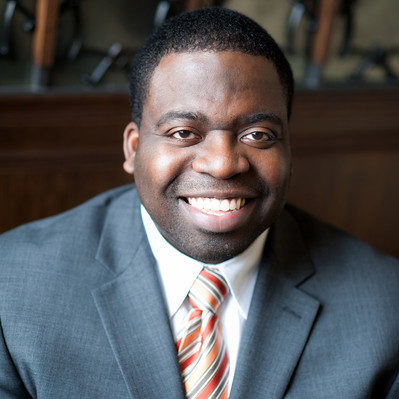First, a blurb about consumers from the lowest income brackets as astutely seen by Wal Mart US CEO Bill Simon (from the WSJ):
“And you need not go further than one of our stores on midnight at the end of the month. And it’s real interesting to watch, about 11 p.m., customers start to come in and shop, fill their grocery basket with basic items, baby formula, milk, bread, eggs,and continue to shop and mill about the store until midnight, when electronic — government electronic benefits cards get activated and then the checkout starts and occurs. And our sales for those first few hours on the first of the month are substantially and significantly higher.
“And if you really think about it, the only reason somebody gets out in the middle of the night and buys baby formula is that they need it, and they’ve been waiting for it. Otherwise, we are open 24 hours — come at 5 a.m., come at 7 a.m., come at 10 a.m. But if you are there at midnight, you are there for a reason.”
via Watching Wal-Mart at Midnight – Real Time Economics – WSJ.
Now life firmly entrenched in the top income brackets for a family earning 8 times the median household income (the 99th percentile) as dissected by Brad DeLong
Now it is time for a reality check on this “most working Americans.” The median household income in the United States today is $50,000. Half of all households make more than this. Half of all households make less. The big expenses in the Xxxxxxxxx family budget–their $60,000 a year in contributions to tax-favored retirement savings vehicles, their $25,000 a year savings building home equity, their $55,000 for housing, their $60,000 in private school costs, even their $10,000 a year for new cars–are simply out of reach for the overwhelming majority of Americans. Half of all households make less than $50,000 a year–the Xxxxxxxxxs make nine times that. 90% of households make less than $100,000 a year–the Xxxxxxxxx’s make 4.5 times that. The Xxxxxxxxx’s are solidly in the top 1% of American households, in the select 1% group that receives more than $350,000 a year.
By any standard, they are really rich.
But they don’t feel rich. They have a cash flow problem. When the bills are paid at the end of the month, the money is gone–and they feel that they have to scrimp.
I know how they feel. My household income is of the same order of magnitude than theirs (although somewhat less) and we too had to juggle assets quickly when it developed that an error in Reed College’s housing system had caused them not to charge us $5,000 that we owe. We too have chosen to put our income in places (tax-favored retirement savings vehicles, building equity, housing, private college costs) where we think it is better used than $200 restaurant meals, $1000 a night resort hotel rooms, or $75,000 automobiles. But I don’t think that I am not rich.
Professor Xxxx Xxxxxxxxx’s problem is that he thinks that he ought to be able to pay off student loans, contribute to retirement savings vehicles, build equity, drive new cars, live in a big expensive house, send his children to private school, and still have plenty of cash at the end of the month for the $200 restaurant meals, the $1000 a night resort hotel rooms, and the $75,000 automobiles. And even half a million dollars a year cannot be you all of that.
But if he values the high-end consumption so much, why doesn’t he rearrange his budget? Why not stop the retirement savings contributions, why not rent rather than buy, why not send the kids to public school? Then the disposable cash at the end of the month would flow like water. His problem is that some of these decisions would strike him as imprudent. And all of them would strike him as degradations–doctor-law professor couples ought to send their kids to private schools, and live in big houses, and contribute to their 401(k)s, and also still have lots of cash for splurges. That is the way things should be.
But why does he think that that is the way things should be?
And here is the dirty secret: Professor Xxxx Xxxxxxxxx thinks that that is the way things should be because he knows people for whom that is the way it is.
This reminds me of this point/counterpoint from The Onion.
